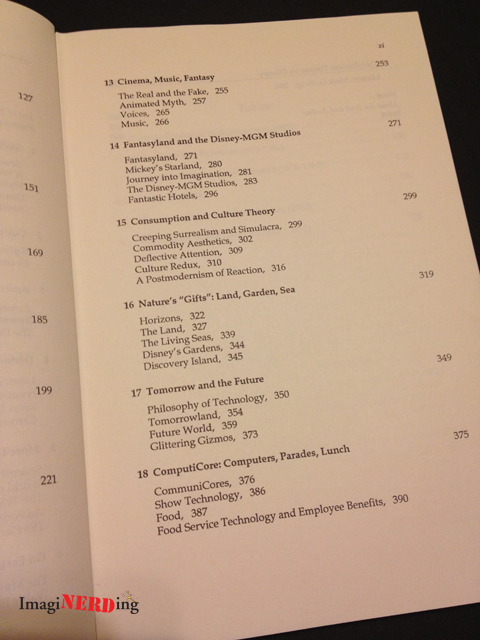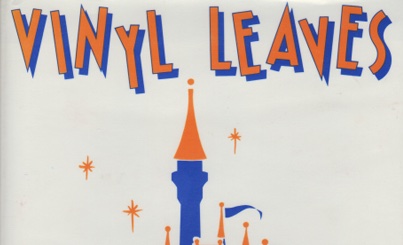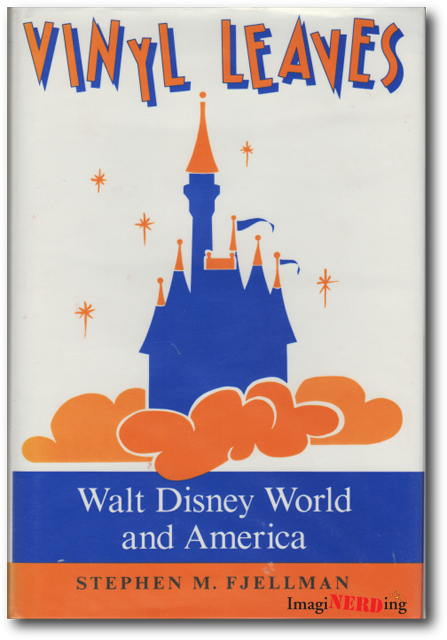Vinyl Leaves: Walt Disney World and America by Stephen M. Fjellman
- Vinyl Leaves: Walt Disney World And America by Stephen M. Fjellman. 1992. 492 pp.
The movie Swiss Family Robinson—based on Johan Wyss’s takeoff on Daniel Defoe’s Robinson Crusoe—is one in which, as in all “Disney versions,” art and history are transformed by dilution. So we have a fake tree holding a fake treehouse, representing a fake story told in a different medium from, but alluding to, a classic piece of literature, in an amusement park visited by 30 million people a year, most of whom are, like myself, enchanted.
I love that quote from page two of Vinyl Leaves. It is a great summation of what to expect from the rest of the book.
Author Stephen Fjellman is Professor of Sociology and Anthropology at Florida International University. It was obvious that he spent an inordinate amount of time visiting Walt Disney World and he turned his passion into one of the first academic works on Walt Disney World.
Vinyl Leaves can be seen as two different books:
- A sociological look at Disney, Walt Disney World and America’s view of Disney. Fjellman spends time looking at how Disney tells stories through film, theme park attractions and buildings.
- A time capsule of Walt Disney World from (around 1989 to) 1991. Fjellman offers a walk-through of almost every attraction at Walt Disney World. It is actually a pretty impressive feat to have documented Walt Disney World and it is amazing to read the attraction descriptions 20 years later.

Vinyl Leaves is for three different types of people: sociologists and anthropologists; Disney fans looking to explore older attractions; and Disney enthusiasts and historians that are looking for primary sources. Fjellman has written a lot of theoretical explanations for why Disney presents something in a certain way or why guests react to an attraction in specific ways. It is quite enlightening and might cause you to see the attractions in different lights. Especially when a corporate sponsor is at the helm of an attraction, like during the early days of EPCOT Center.
Fjellman approached the book as a fan of Walt Disney World that has the ability to point a critical eye at his surroundings. He never bashed Disney and he never donned rose-colored Mouse Ears. He sits comfortably as a very well educated Disney fan that can discern what Disney is presenting and still enjoy it.
Vinyl Leaves is not for the casual Walt Disney World fan. Based solely on the sections that describe the attractions, this book easily makes it into my top ten books about Disney. If you have a vested interest in studying the theme parks’ history then this is a definite must have.
Have you read Vinyl Leaves? What’s your favorite book about EPCOT Center and the Magic Kingdom?




I love this book and think your description of its different functions is very accurate. I’m a Disney fanatic who’s also interested in the history of the parks. This book also serves a great time capsule for me to visiting EPCOT as a kid in the ’80s and early ’90s. It’s a great read, and I have to revisit it soon.
I read this one years ago. Informative and a necessity for the true Disney fanatic.
This is one of my favorites. I particularly enjoyed the details about the infrastructure of the park such as the innovative garbage removal and the central kitchen. The incredibly detailed look at all of the shops on Main Street and the attractions were another big plus. It’s quite pricey for a paperback book book in particular, but worth it. I have not read the later edition so I don’t know if it was updated at all.